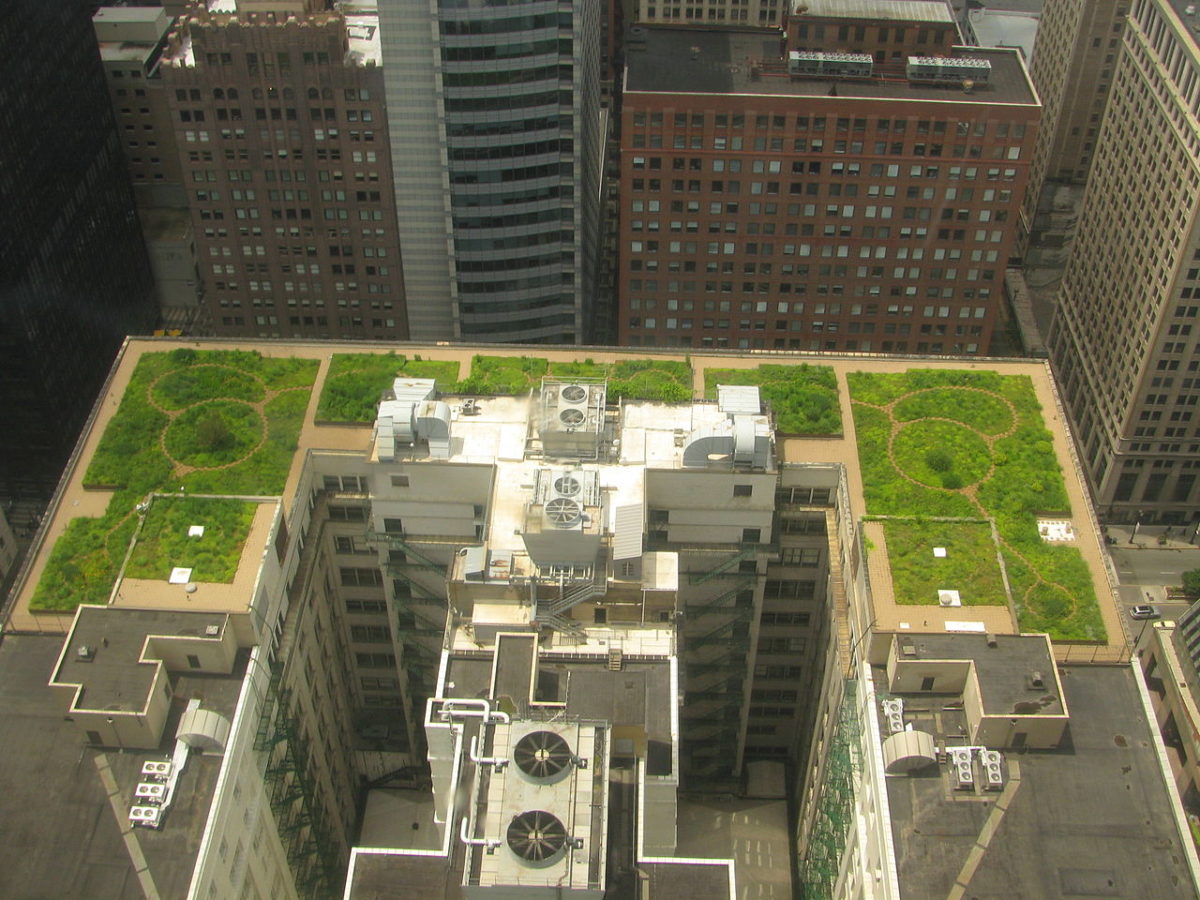From pv magazine Germany
German PV company Polarstern and the Wilhelm Büchner University have published a study stating that the output power of photovoltaic systems can be increased by up to 8% if they are installed on a green roof. The cooling effect through transpiration and evaporation from the plants, their ability to absorb dust and the diffuse reflection of sunlight through the foliage, are the main factors that determine this performance improvement.
Through various effects such as transpiration and evaporation through the foliage, and the casting of shadows, as well as through the absorption of light for photosynthesis, green roofs have lower ambient temperatures than conventional roofs and, as a result, a PV system's operating temperature is also lower. According to the study, the output power of solar modules may improve by an average of 4.35%. Depending on the technology used and the region, this value may even rise to approximately 8%.
The plants also act like an air filter by absorbing the dust washed off the modules. According to the company's estimates, a green roof binds around two kilograms of fine dust per square meter per year. The amount also depends on the size of the leaf areas and the resistance of the plants to dust. Dust-related energy yield losses in photovoltaic systems in urban regions are assumed at up to 30%.
According to the company, not only the avoidance of dust, but also the reflection of the light by the leaves increases the performance of the solar modules, since these can use more radiation from the solar spectrum. This diffuse reflection causes higher weak-light radiation, which can lead to higher yields, especially with thin-film modules. Citing unspecified field studies, Polarstern said that a green roof can increase irradiation by up to 32%, compared to a gravel roof.
In addition to the increased output of the photovoltaic systems, the green roofs also ensure more biodiversity through the water storage capacity of the floor pan.
This content is protected by copyright and may not be reused. If you want to cooperate with us and would like to reuse some of our content, please contact: editors@pv-magazine.com.




2 comments
By submitting this form you agree to pv magazine using your data for the purposes of publishing your comment.
Your personal data will only be disclosed or otherwise transmitted to third parties for the purposes of spam filtering or if this is necessary for technical maintenance of the website. Any other transfer to third parties will not take place unless this is justified on the basis of applicable data protection regulations or if pv magazine is legally obliged to do so.
You may revoke this consent at any time with effect for the future, in which case your personal data will be deleted immediately. Otherwise, your data will be deleted if pv magazine has processed your request or the purpose of data storage is fulfilled.
Further information on data privacy can be found in our Data Protection Policy.